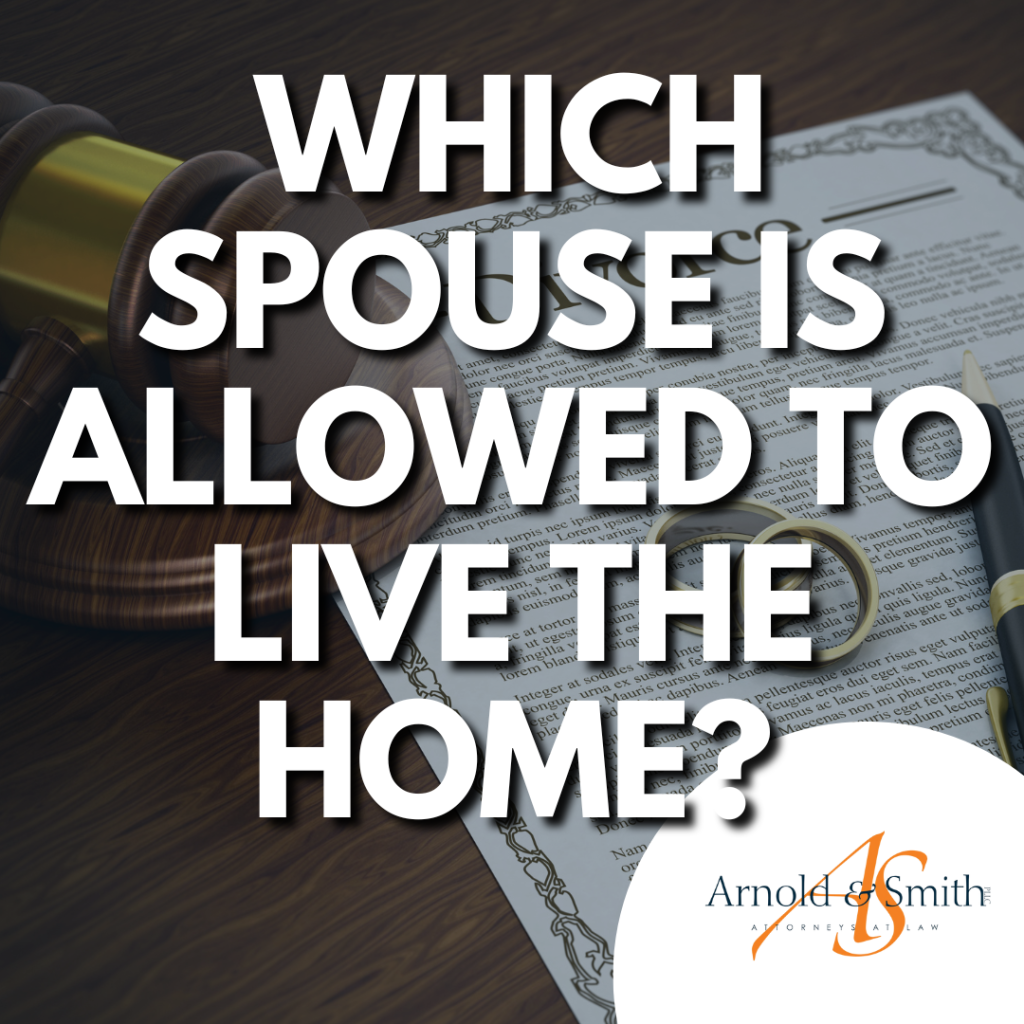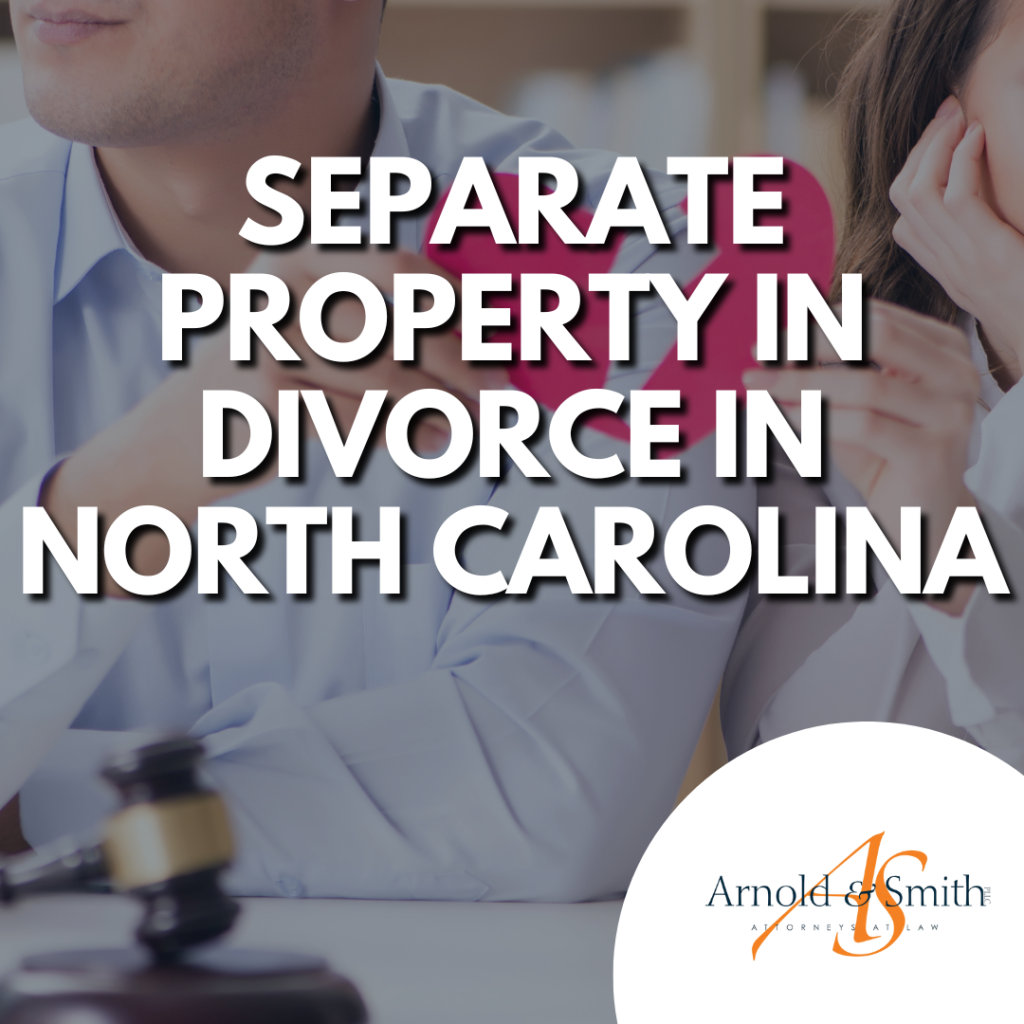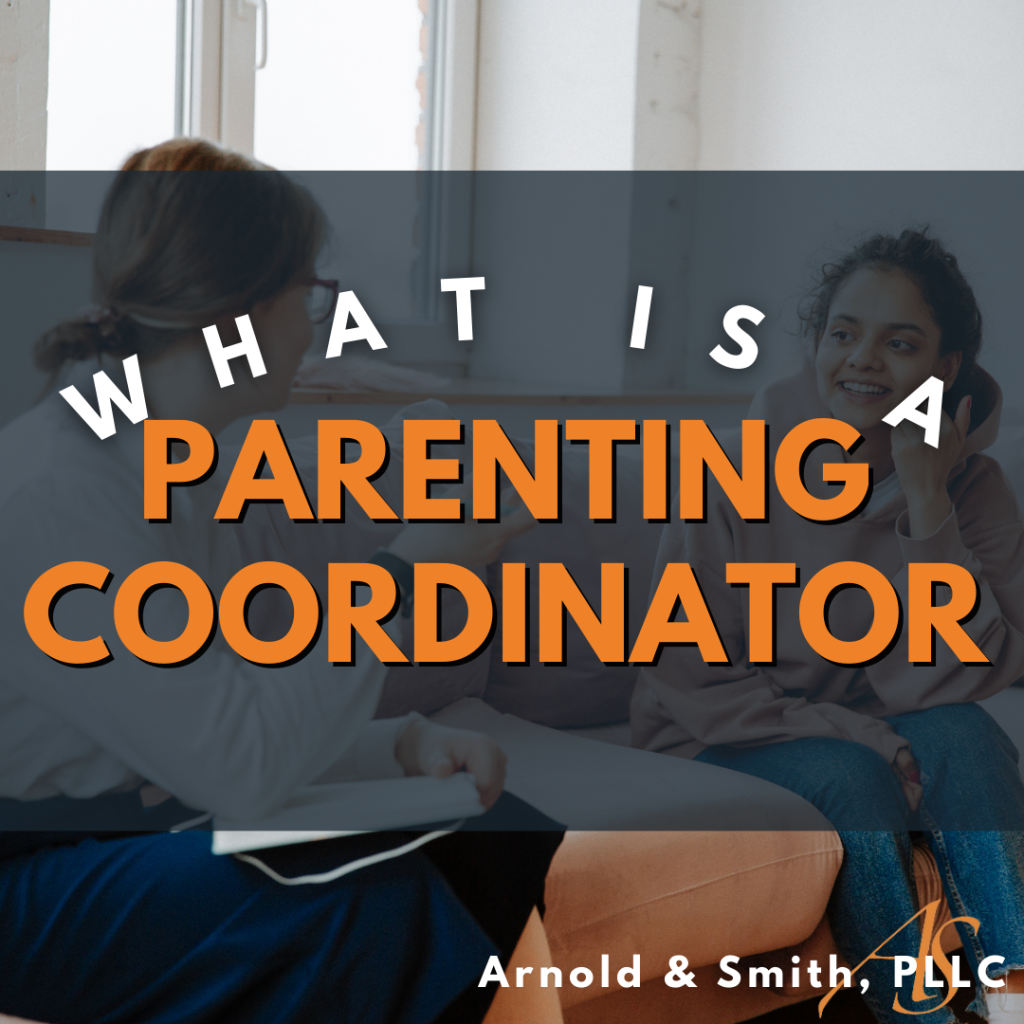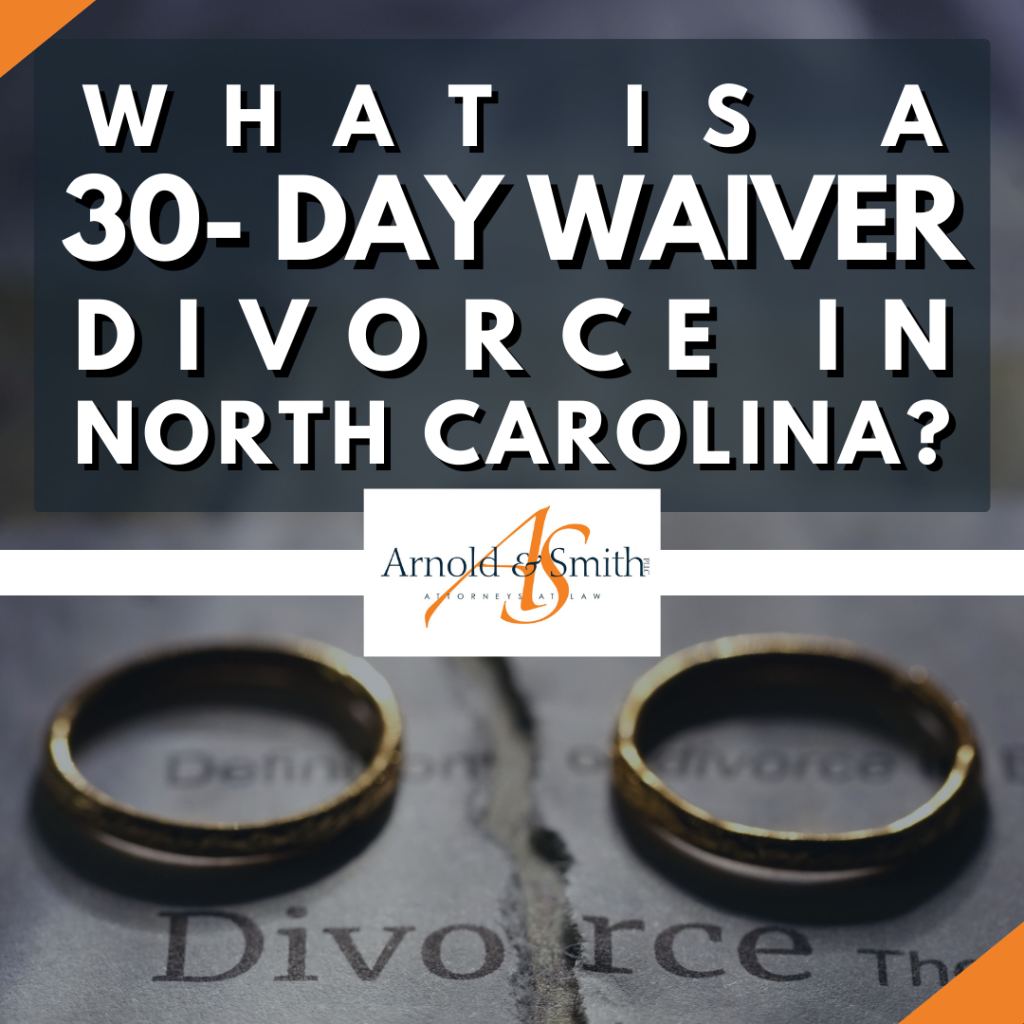 Asset and Property Division in North Carolina Divorce
Asset and Property Division in North Carolina Divorce
Going through a divorce is not always easy. It can be one of the most stressful times in your life. As you go through the divorce process, you and your spouse will need to discuss how to divide your property. Finances are often the most divisive part of a divorce. Even amicable splits can turn acrimonious when it comes to asset and property division. A knowledgeable divorce attorney will guide you through the divorce process and help make things easier and less stressful.
Types of Property
 Charlotte Divorce Lawyer Blog
Charlotte Divorce Lawyer Blog










